
Abdulaziz Sachedina
Visiting Professor, Ferdowsi University of Mashhad
Professor, George Mason University
Islam emerged in a tribal Arab culture where human virtues were evaluated through the development of ability to engage in activities that demonstrated the prowess of the individual in defending its honor. One of the tasks of the Prophet was to reform the extremism that was part of the tribal culture in maintaining its power through violence. The moral vision of the Prophet was founded upon guiding Muslims to take moral responsibility in maintaining the wellbeing of each individual as well as the community as a whole. The Qur’an provided the justification for establishing the public order founded upon the principle of “instituting the good” (amr bil-ma’ruf) and “preventing the evil” (nahy ‘anil-munkar). This principle also served as the sole justification of the existence of government that would undertake to establish justice in political society. The tribal culture had employed violence to resolve inter-tribal conflicts and endless destruction of life through bloodshed was common. However, there were times when show of force was necessary to control chaos. The question for the Prophet was to develop a strategy to institute moderation through leadership that understood the moral necessity to advance peaceful resolution of endless conflicts in the society. What was the best way to put moral restrictions on the use of force?
“Commanding the good” through institutional development in the society was the best way to change the violent attitudes of the tribesmen and direct their energies to more constructive interpersonal relations. The rules that were observed in the ruling about the good and preventing the evil always emphasized avoiding unnecessary commotion between individuals in the context of their familial or societal relations. “Commanding” had to undergo strategic change to become “instituting” so that people could develop a collective responsibility to uphold the institutional structures that promoted good citizenship through internal moral commitment (taqwa). Without this moral commitment “commanding” or “forbidding” potentially could lead to the same violence that the Prophet was endeavoring to transform. In other words, “commanding” and “forbidding” were to function as a kind of moral armament to tone down the need to use force in order to change people’s collective responsibility to maintain good law and order in society. What Islam wanted to demonstrate was that developing a good moral sense can change the way human beings relate to one another in peace and justice. In the final analysis, instituting the good and preventing the evil is both individual and collective responsibility in Islam: individually all Muslims must strive to create a good society; and collectively Muslim governments must promote this essential obligation in the Qur’an by creating necessary institutions that prevent unethical behavior in society.









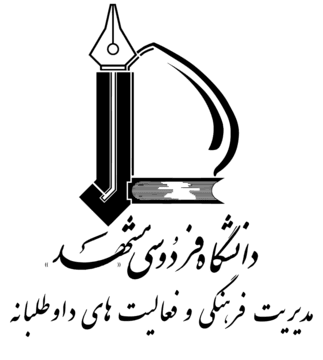


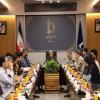
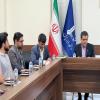



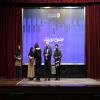
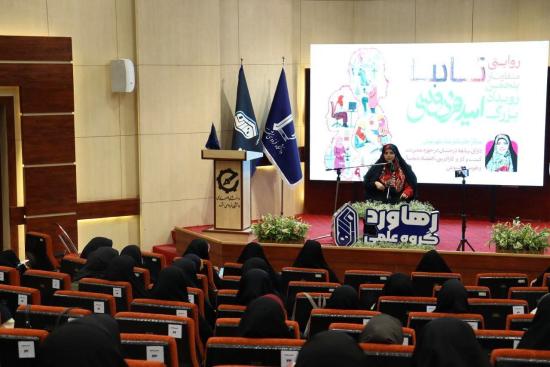

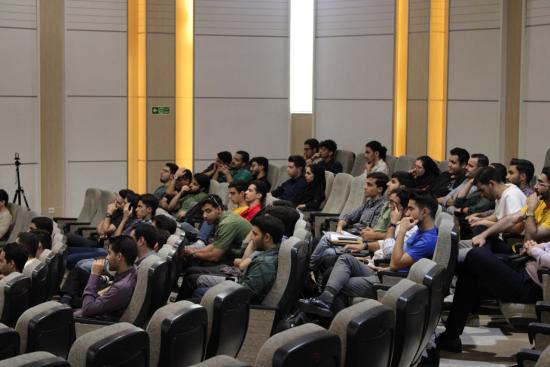
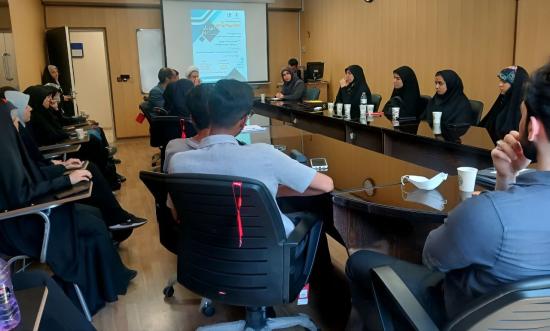
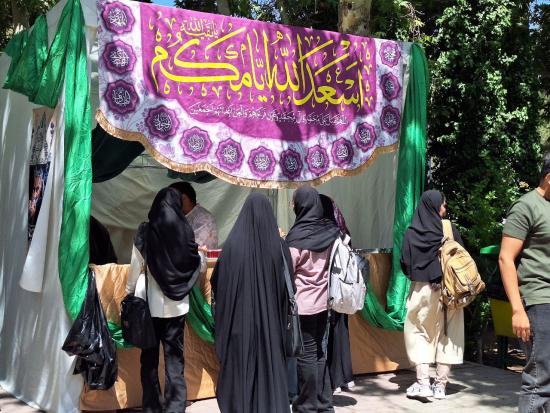
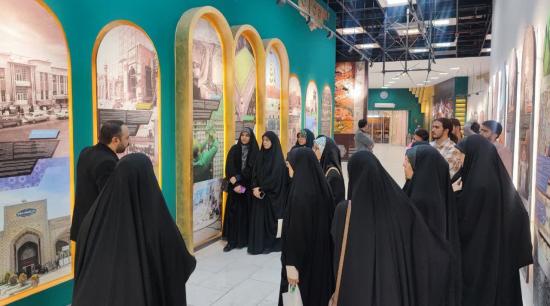
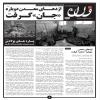

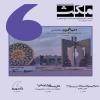

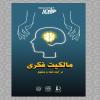
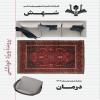

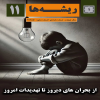
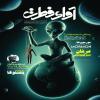
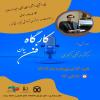


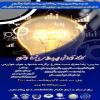

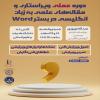
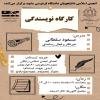
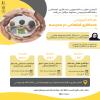
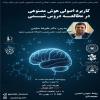
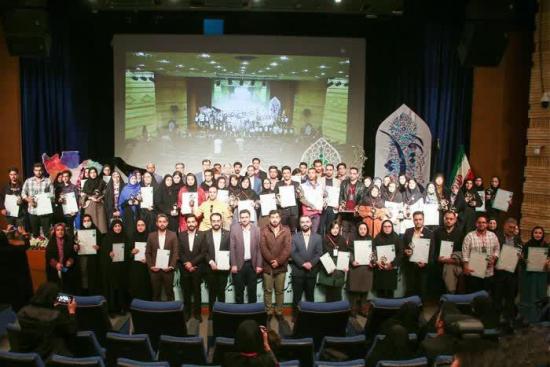
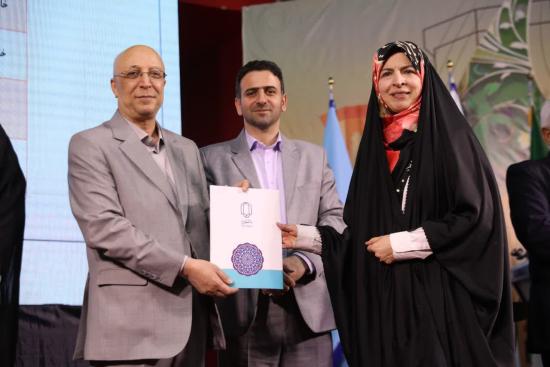
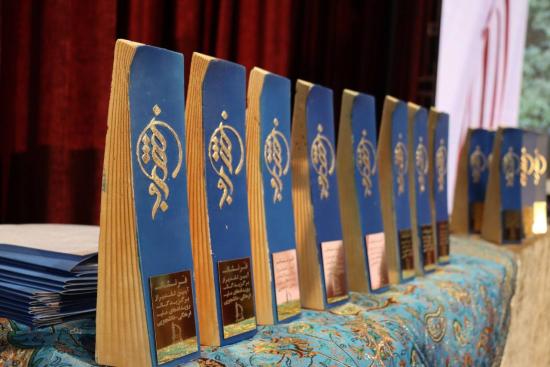
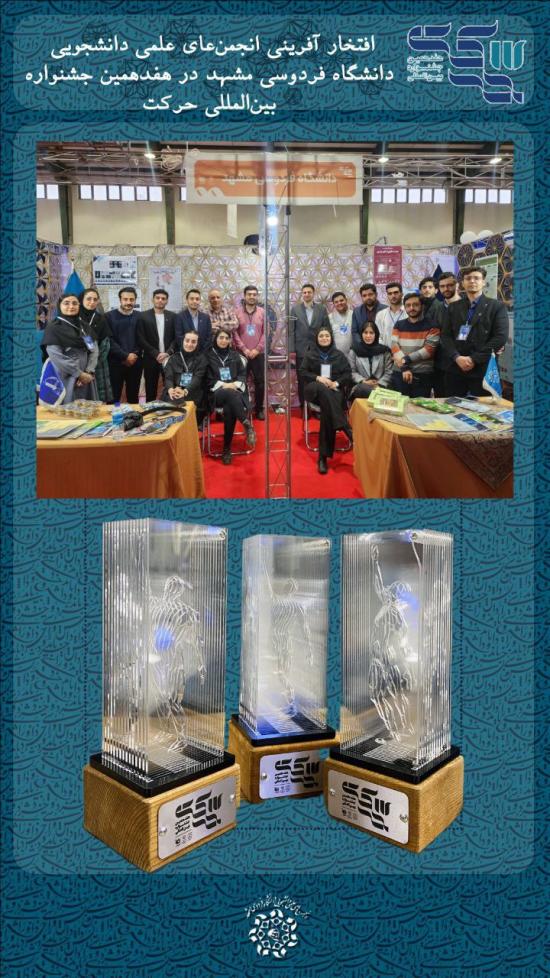




نوشتن دیدگاه